According to the 'Steel Sectoral Outlook - 2023' report prepared by KPMG Turkiye, global crude steel production decreased by 4 percent annually to 1.9 billion tonnes in 2022. The main reasons for the decrease in 2022 were the global repercussions of the Russia-Ukraine war, the contraction in demand on a global scale, the concern that the US and the EU would enter recession, and the EU's reduction in production due to the shortage of Russian gas supply.
In 2022, China's steel production decrease was limited to 1.7 per cent. In Germany, Japan and Russia, crude steel production contracted by 8.4 per cent, 7.4 per cent and 7.2 per cent, respectively, while steel production decreased by 6.1 per cent in the USA, 6.5 per cent in South Korea and 5.8 per cent in Brazil. On the other hand, steel production in Iran and India, two of the world's major steel producers, increased by 8 per cent and 5.8 per cent, respectively, in 2022.
India will rival Turkiye in the coming years
In Turkiye, steel production decreased by 13 percent to 35.1 million tonnes in 2022. Turkiye, which was the 7th largest steel producer in the world and the largest steel producer in Europe in 2020 and 2021, thus decreased to 8th place in the world ranking and 2nd place in Europe, falling behind Germany. In terms of total production in 2021, Turkiye had reached its historical highest production level with 40 million tonnes. India, which aims to produce 300 million tonnes in the long term, is expected to be an important competitor for Turkish producers both in the domestic and Asian markets in the coming years.
Exports decreased drastically
The Turkish steel industry closed the year 2022 with a 17.6 percent decrease in exports in tonnes to 19.7 million tonnes and a 5.8 percent decrease in value to $ 21.1 billion, due to the decrease in demand with recession expectations in the EU and the USA, its main markets, the contraction in competitiveness due to the pressure of increasing energy costs, and the global effects of the Russia-Ukraine war. In 2022, Turkiye's exports to European Union countries, which continued to be among the top 5, decreased significantly compared to the previous year.
Steel exports to Belgium and Italy, especially Spain, contracted by 66 per cent, 60 per cent and 30 per cent, respectively. Turkiye's total exports to the EU decreased by 31 percent in tonnes compared to the previous year. In addition to European countries, exports from Turkiye to America also decreased by 39 per cent compared to the previous year. When the countries where the exports of the Turkish steel industry increased in 2022 are examined, Romania ranked first with an increase of 25 percent and exports of 812 million dollars.
This country was followed by Morocco with an increase of 18 per cent and then the United Kingdom with an increase of 6 per cent. Imports in the Turkish steel industry in 2022, compared to the previous year, decreased by 3.6 percent in terms of quantity to 14.8 million tonnes and increased by 8.5 percent in terms of value to 15.6 billion dollars. The fact that countries such as China, India and Iran, including Russia, sold to Turkiye with dumped prices caused the amount of steel imports in Turkiye in 2022 and the deficit in foreign trade of steel products to grow.
Green transformation should be prioritised
KPMG's report also includes the sector's forecasts for 2023. Accordingly, the continued high production of China-based steel plants in 2023 may pull global steel prices down. This may have a negative impact on the profitability of steel producers in Turkiye and further weaken their competitiveness. In addition, sector representatives predict that steel exports may decrease by up to 40 per cent in 2023 due to high energy prices. In the report, which states that the sector will work on harmonisation with the 'EU Green Deal' in the coming periods, it is pointed out that Turkiye's primary problem is the high emissions in energy production and it is underlined that the country should prioritise green transformation.


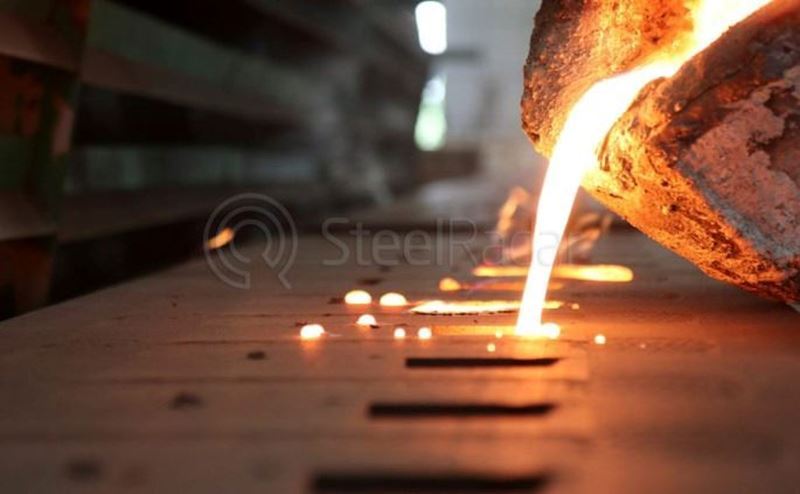

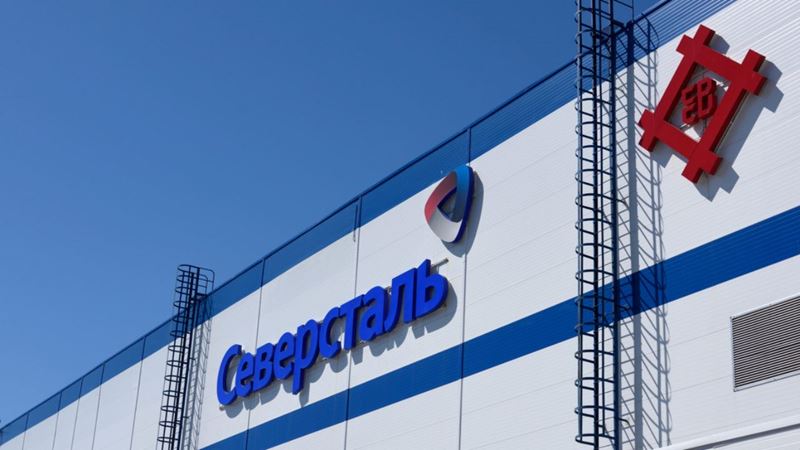
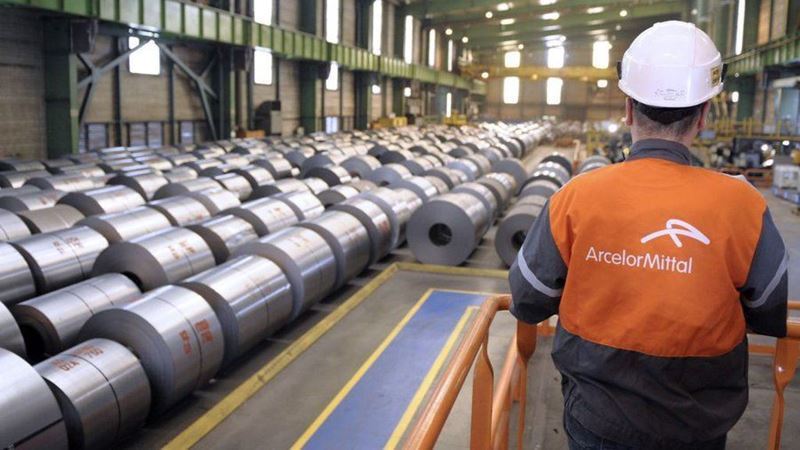
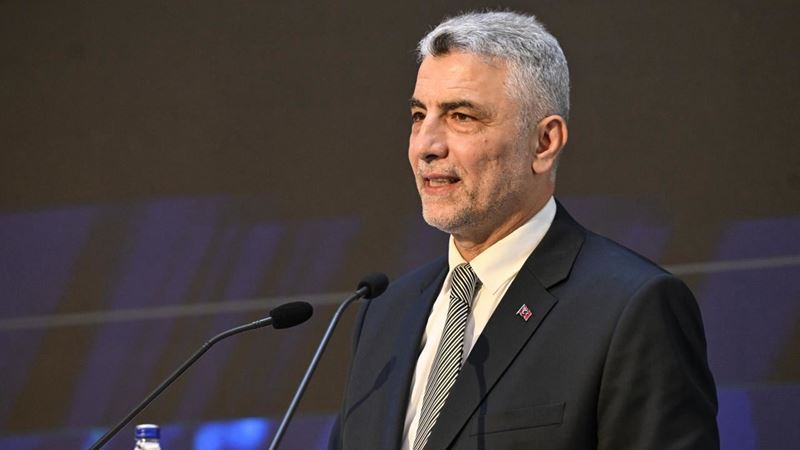
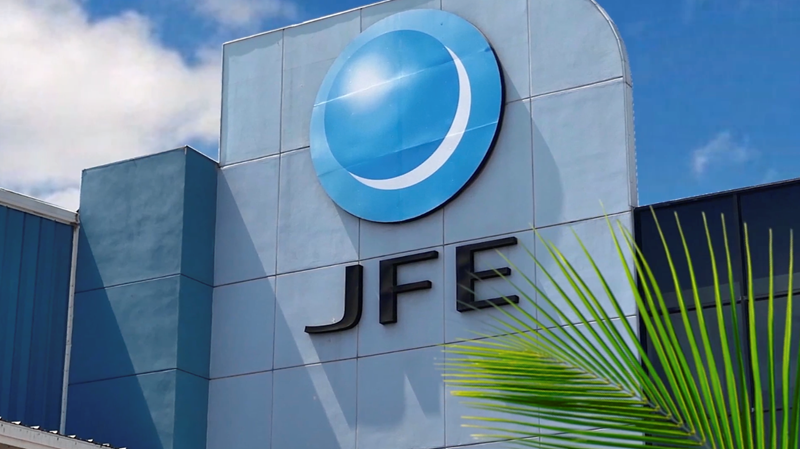
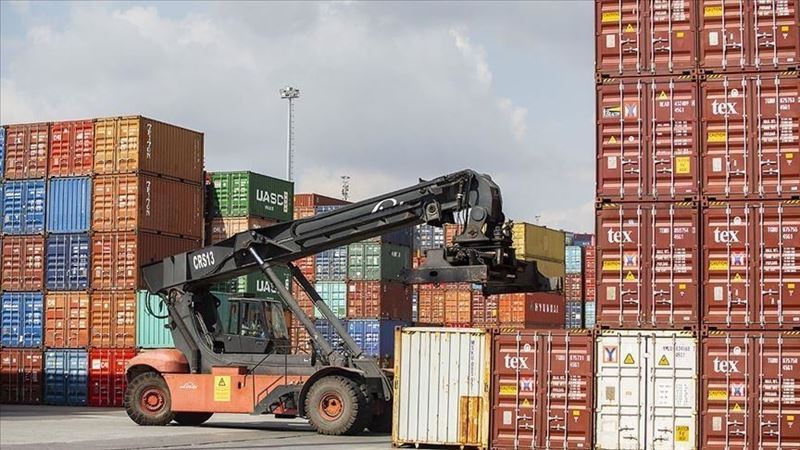


Comments
No comment yet.